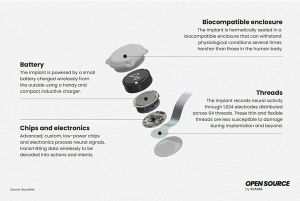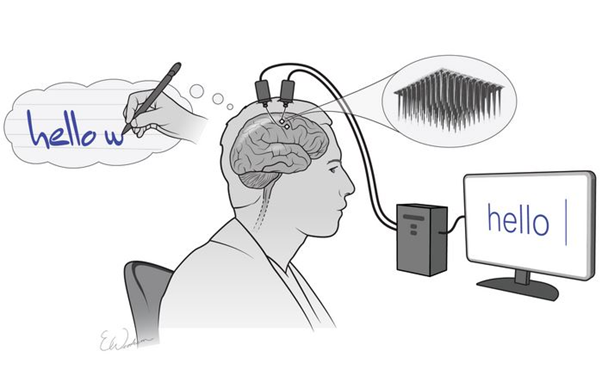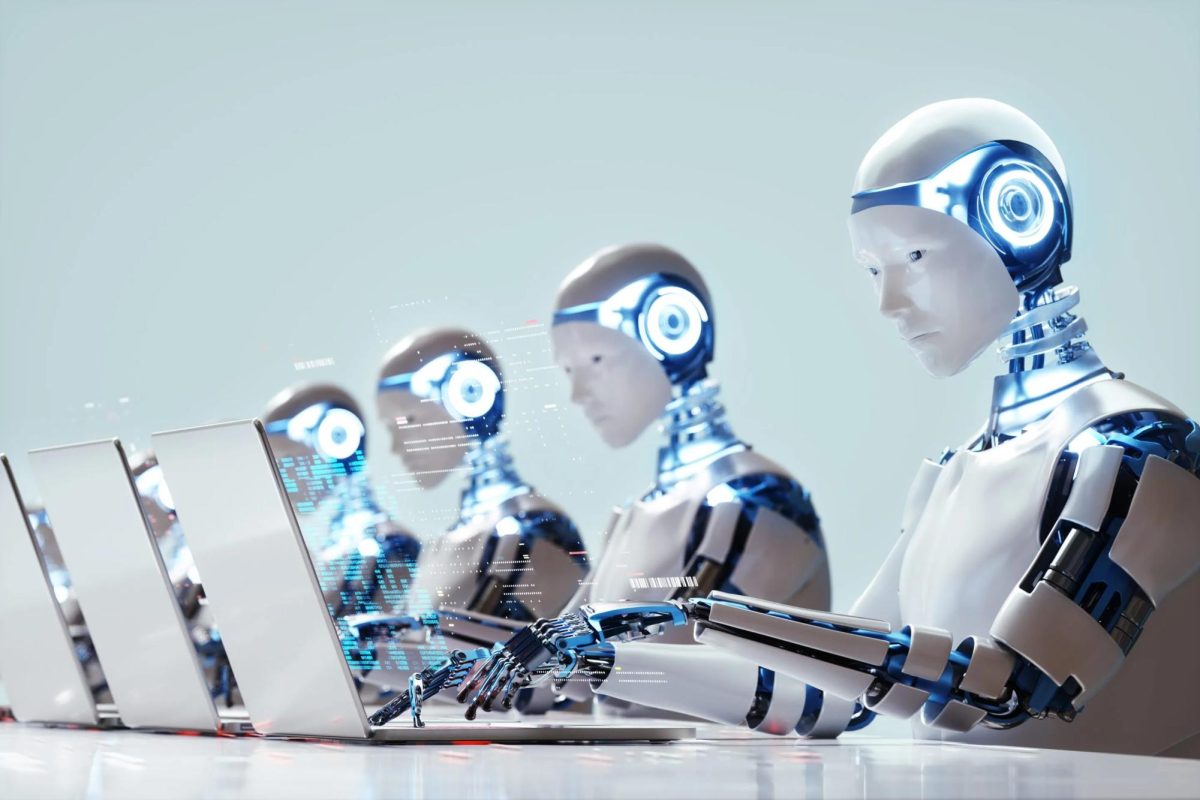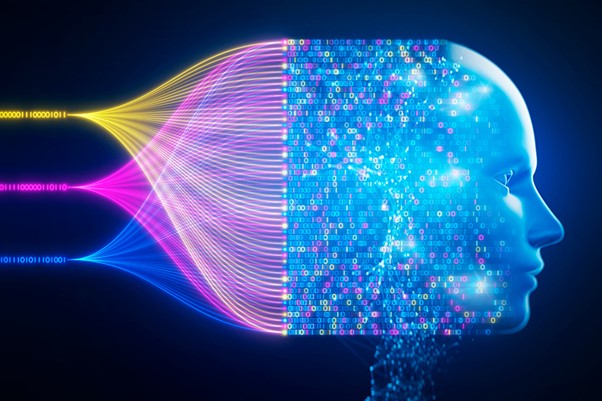Imagine a world in which your brain could connect directly to a computer, enhancing your memory, unlocking new abilities, or even improving living conditions for people with medical conditions. Brain chips, such as those being developed by Elon Musk’s Neuralink, could make this a reality, by merging human intelligence with artificial intelligence to discover new potentials for the human mind, and to possibly redefine what it means to be “intelligent”. However, there are potential downsides.
But first of all, what is intelligence? Intelligence can have multiple definitions, ranging from problem-solving and learning abilities to creativity and emotional understanding. It is often defined as “the ability to solve complex problems or make decisions with outcomes benefiting the actor” (John Hopkins Medicine). Understanding “intelligence” is necessary in this scenario because integrating artificial intelligence with the human mind through brain chips could lead to a transformation in how we understand intelligence itself. If the boundaries between human cognition and machine processing become blurred, traditional definitions of intelligence might cease to exist. This raises important questions about what “intelligence” is and if brain chips will affect it.

The idea of merging human intelligence through artificial intelligence, through brain chips, is controversial and often evokes connections to stereotypical “science fiction”. Many companies, including Elon Musk’s company, Neuralink, are developing brain chips or brain-computer interfaces (BCIs) to integrate artificial intelligence into human intelligence to create direct brain-to-computer interfaces that connect a person’s thoughts to a digital device. The companies believe that the interfaces can improve living conditions for those with certain medical conditions such as quadriplegia and can open doors for human enhancement through memory augmentation and enhanced cognitive abilities through real-time interaction with AI. The interaction can potentially give rise to new kinds of intelligence and creativity and can help bridge the divide between human and artificial intelligence or create a hybrid of them.
Even though there are numerous advantages, challenges and potential downsides exist. There are several health issues, such as damage to the brain tissue since the brain tissue is very sensitive, and even a minor injury can cause permanent damage or death. If the implantation of the BCI turns out to be incorrect, inflammations and infections can develop in the brain, which can lead to the development of diseases such as Alzheimer’s disease later in life. Moreover, there are many security and ethical issues since the information from a person’s thoughts can be used by others to manipulate them, or personal information may get stolen, leading to the invasion of privacy. Additionally, there are many cost considerations since BCIs are expensive to install and remove or repair, and the removal and repair process is challenging, so there is no protection if the BCI malfunctions.
While there are multiple advantages and disadvantages to BCIs, it is early to conclude whether they will shape the future and impact “intelligence”. Fewer than forty people worldwide have had experimental BCI transplants, and the experiences were mixed, with some participants showing improved results in terms of enhanced cognitive function or improved medical conditions, while others facing health complications. The mixed outcomes highlight the uncertainty around the long-term effects of BCIs in the future.
For more information:
A Look Inside Brain-Computer Interfaces and the Potential of Neuralink









